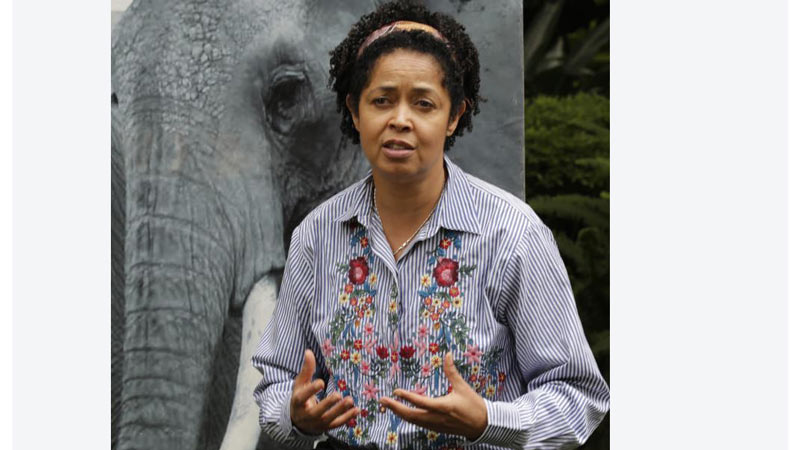
The ban on ivory trade by China has occasioned a 75 per cent drop in the value of raw ivory from $3000 (KSh300, 000) to $700 (KSh70, 000) per kilo of the product in the world market over the past year.
Non-profit conservation body WildlifeDirect says it is delighted to see the doors of the world's largest ivory market close because poaching had climbed from a few thousand elephants a year to 33,000 – one every 15 minutes before the ban by China in 2015, which at the peak of the trade accounted for up to 70 per cent of the total world market.







